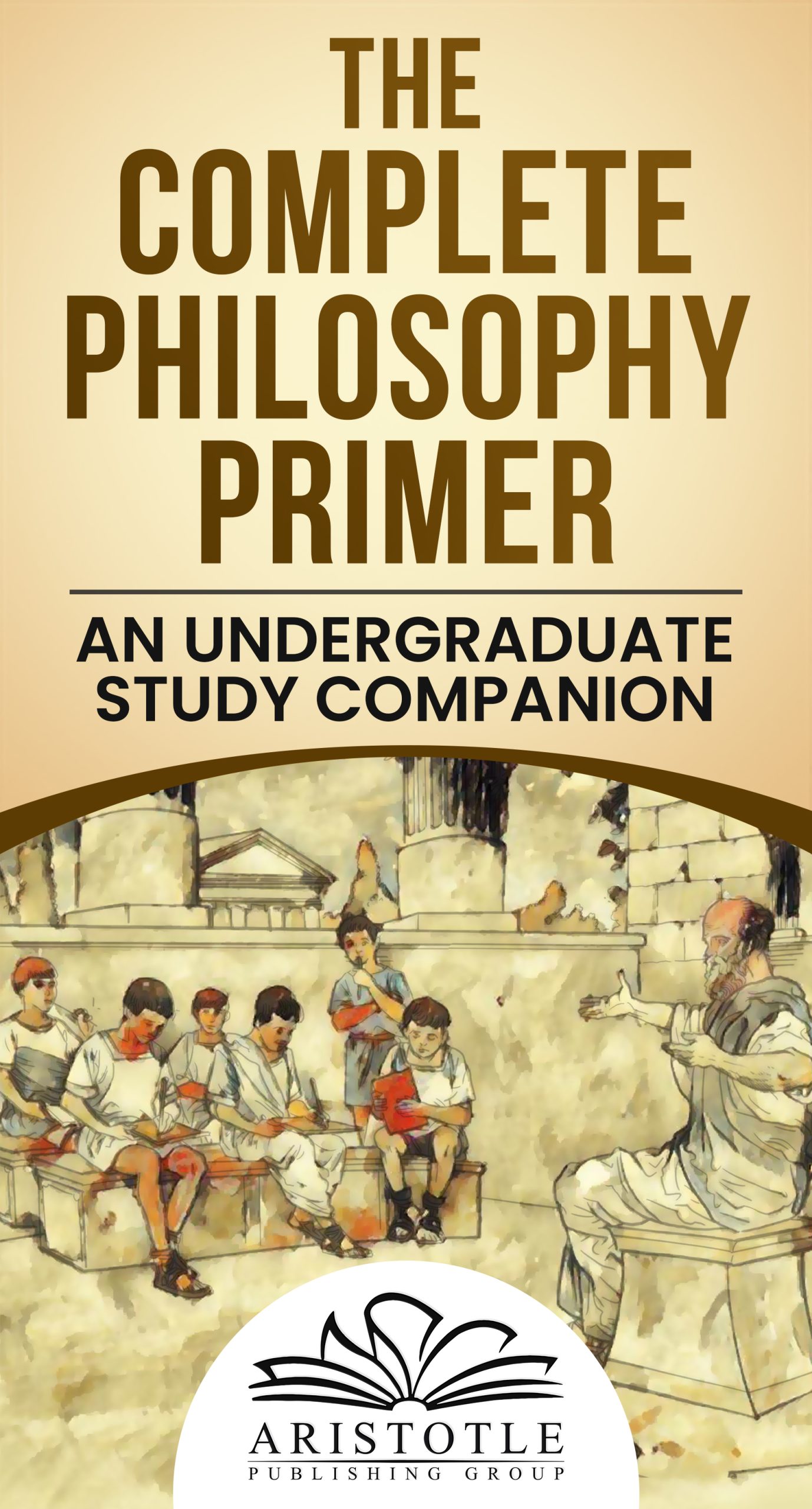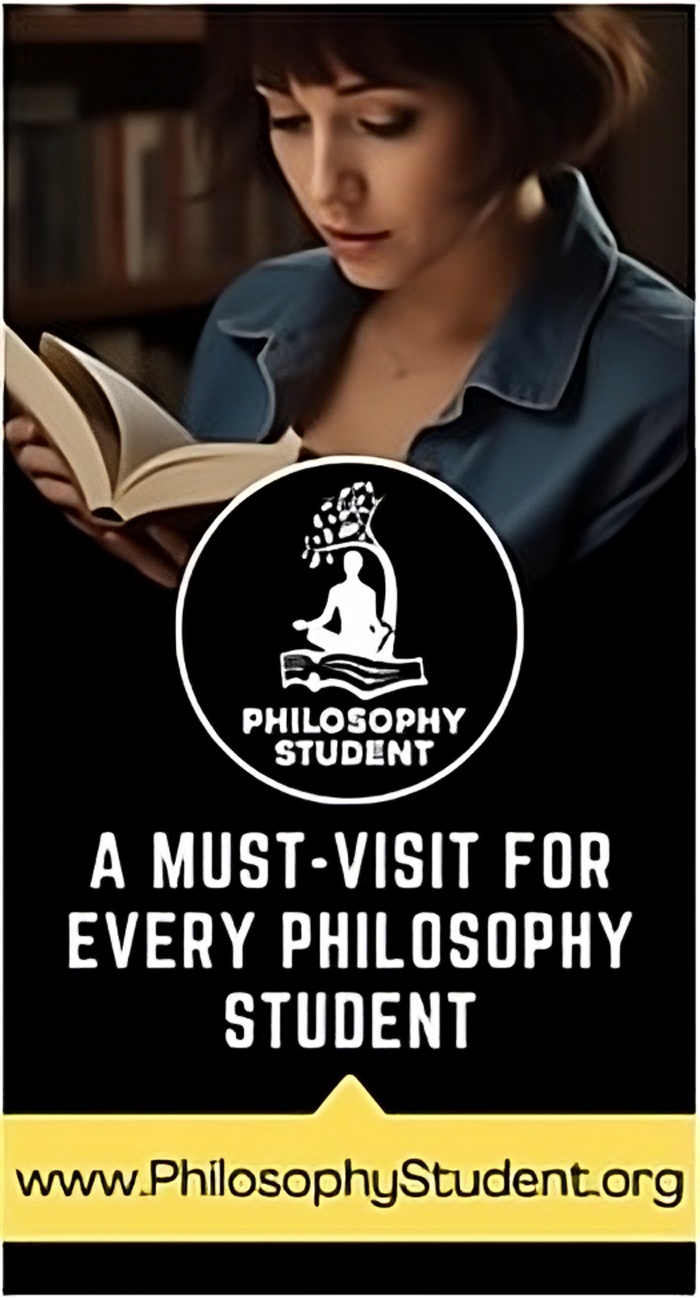Search
Categories
The Ethics of Procreation and the Rational Acceptance of Life: A Critical Engagement with Weinberg’s Argument
Introduction Is it ever morally justifiable to bring a new life into the world, given the inevitable suffering that life entails? This question, ancient in its origin and sharpened by modern ethical theory, is taken up by Rivka Weinberg in her nuanced engagement with procreative ethics. Building on Rawlsian principles
The Unconscious Artistry of Artificial Intelligence: A Modern Reflection on Spinoza’s God and the Blind Watchmaker
Introduction In the age of Artificial Intelligence (AI), the world is confronted with a remarkable paradox: machines, devoid of consciousness, produce some of the most intricate and profound creations ever imagined by humankind. AI-generated works, whether in the realm of writing, art, or problem-solving, have begun to challenge traditional notions
The Infinite Universe, Death, and the Search for Meaning: A Philosophical Exploration of Existence, the Divine, and Human Mortality
Introduction The vastness of the universe has long been a source of awe and wonder. With its endless galaxies, stars, and the possibility of unknown life, the cosmos presents us with a paradox: how do we, as finite beings, comprehend an infinite reality? This question, when examined alongside the inevitability
Metaphysical Perspectives: A Comparative Analysis of Theism and Atheism
Abstract: This paper explores the fundamental differences in how theistic and atheistic worldviews approach key metaphysical concepts such as existence, causality, the nature of being, morality, and the origin of the universe. While both theist and atheist perspectives address similar metaphysical questions, their interpretations diverge significantly due to the belief
The Interplay of Karma, Rebirth, and Non-Self in Buddhist Philosophy: A Metaphysical Inquiry
Abstract In this paper, we explore the central Buddhist concepts of karma, rebirth, and the doctrine of non-self (anatta), arguing that these ideas present a comprehensive, coherent metaphysical system that does not rely on a permanent soul or a creator deity. We examine the interplay of these concepts within the
Imagination, Consciousness, and the Nature of the Soul: A Philosophical Inquiry
Abstract Imagination, an integral part of human cognition, allows individuals to transcend their immediate sensory experiences and engage with abstract ideas, creativity, and possibilities beyond the present. Despite its essential role in human consciousness, the nature of imagination remains elusive—does it reside in the purely physical workings of the brain,
The Intricacy of Existence: A Philosophical Exploration of Complexity, Contingency, and Divine Agency
Abstract The complexity of the universe is a profound source of wonder, offering insights into the intricate interplay of causality, contingency, and interconnectedness. Every human life, every event, and every phenomenon depends on an incalculable convergence of conditions. Such complexity raises philosophical questions about causation, the possibility of a divine
Killing, Morality, and the Human Condition: A Philosophical Investigation
Introduction Killing, as an act and concept, is at the heart of existence. It permeates the natural world, serves as a necessity for survival, and underpins many philosophical and moral dilemmas that humanity has grappled with for millennia. To kill is both a biological imperative for some and a profound
Meta-Modal Actuality: A Dynamic Framework for Possibility, Actualization, and Causality
Abstract This paper proposes a new metaphysical framework, Meta-Modal Actuality, which reconceptualizes the relationship between actuality, possibility, and necessity. Moving beyond the static dichotomy of actual versus possible worlds, this theory posits that reality exists as a dynamic Meta-Modal Field—a continuum of modal intensities where actuality emerges and evolves over
The Unstable Foundation: A Critique of the Ontological Proof of God’s Existence
The ontological argument, first articulated by St. Anselm of Canterbury in the 11th century, is one of the most enduring attempts to prove the existence of God through reason alone. Its central claim is that the concept of God as a being “than which nothing greater can be conceived” necessitates
Analysis of, and Responses to Edmund Gettier’s “Is Justified True Belief Knowledge?”
In his seminal 1963 paper, Is Justified True Belief Knowledge?, Edmund Gettier fundamentally challenged the long-standing definition of knowledge, which had been widely accepted in epistemology since at least the time of Plato. According to the justified true belief (JTB) theory, knowledge requires three necessary and jointly sufficient conditions: (1)
Embracing Contradiction: An In-Depth Analysis of Dialetheism
Abstract Dialetheism, the view that some contradictions are true, challenges one of the cornerstones of classical logic: the principle of non-contradiction. This paper offers an introduction to dialetheism, exploring its philosophical underpinnings, implications, and potential justifications. It analyzes the motivations for adopting dialetheism, including paradoxes in formal systems and real-world

